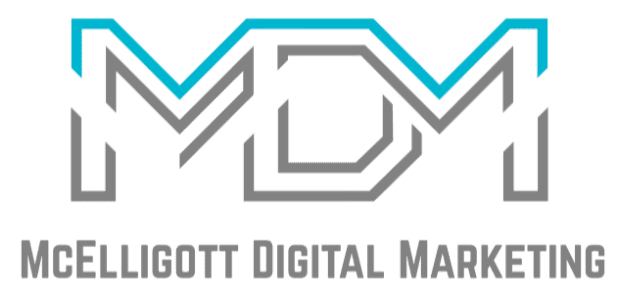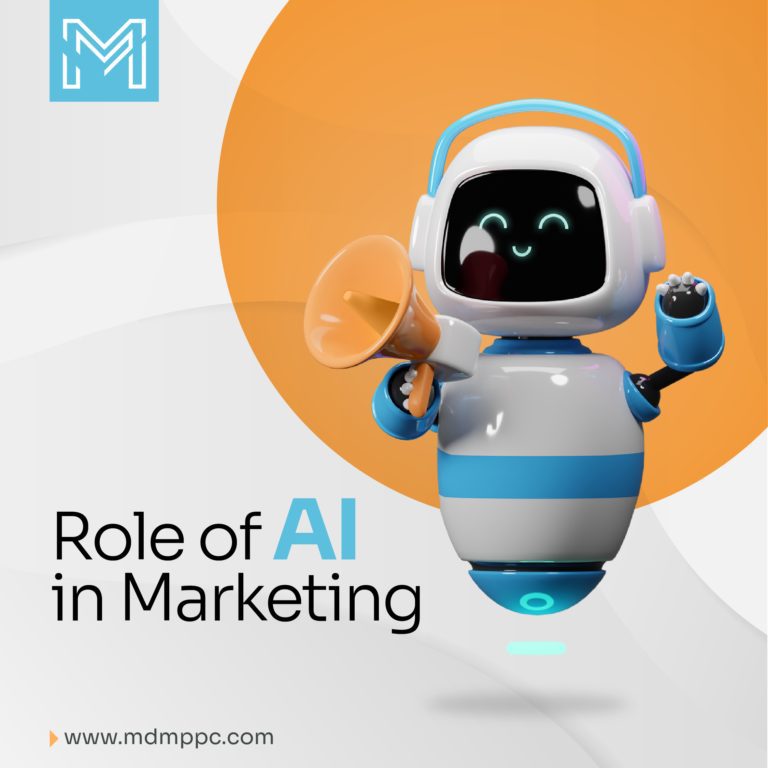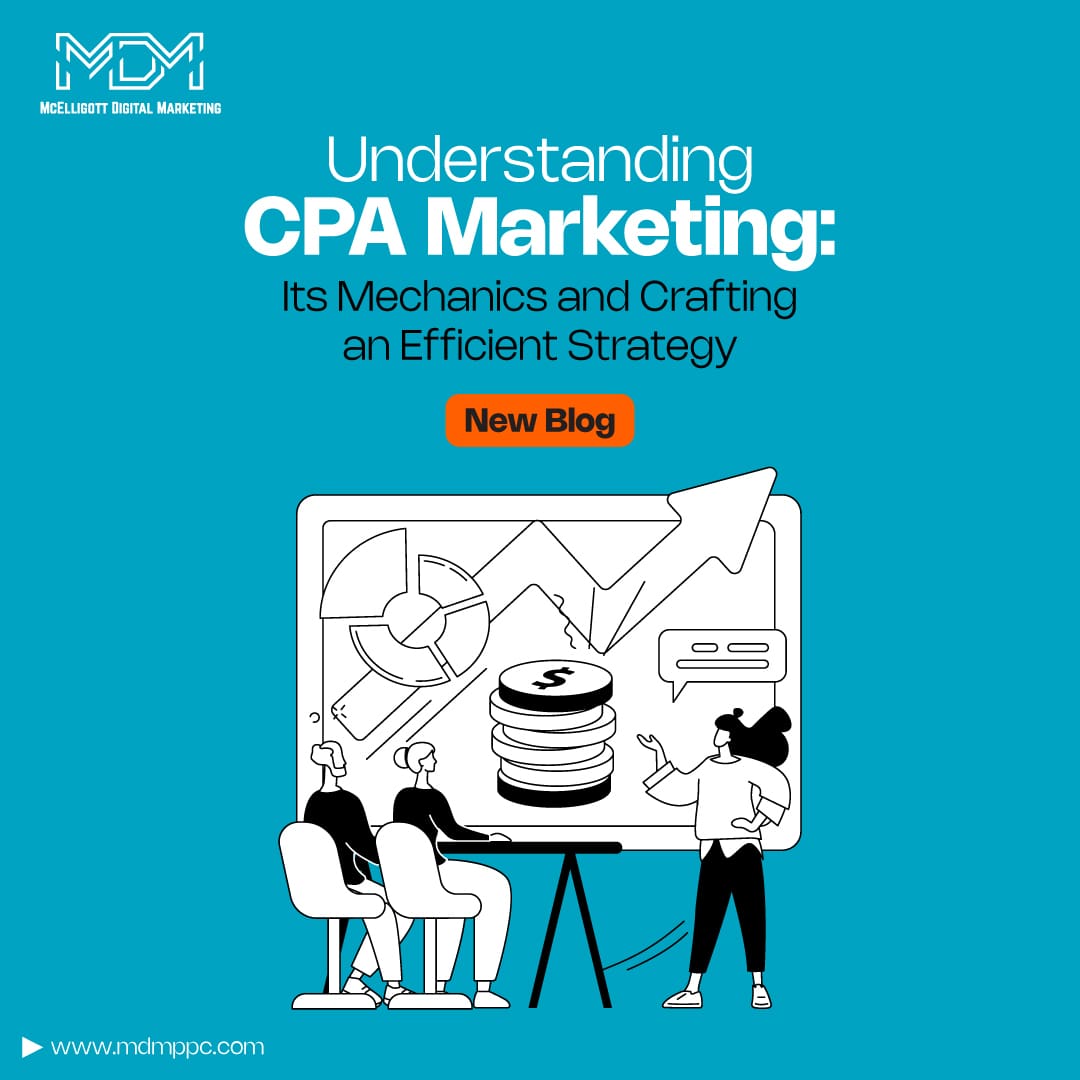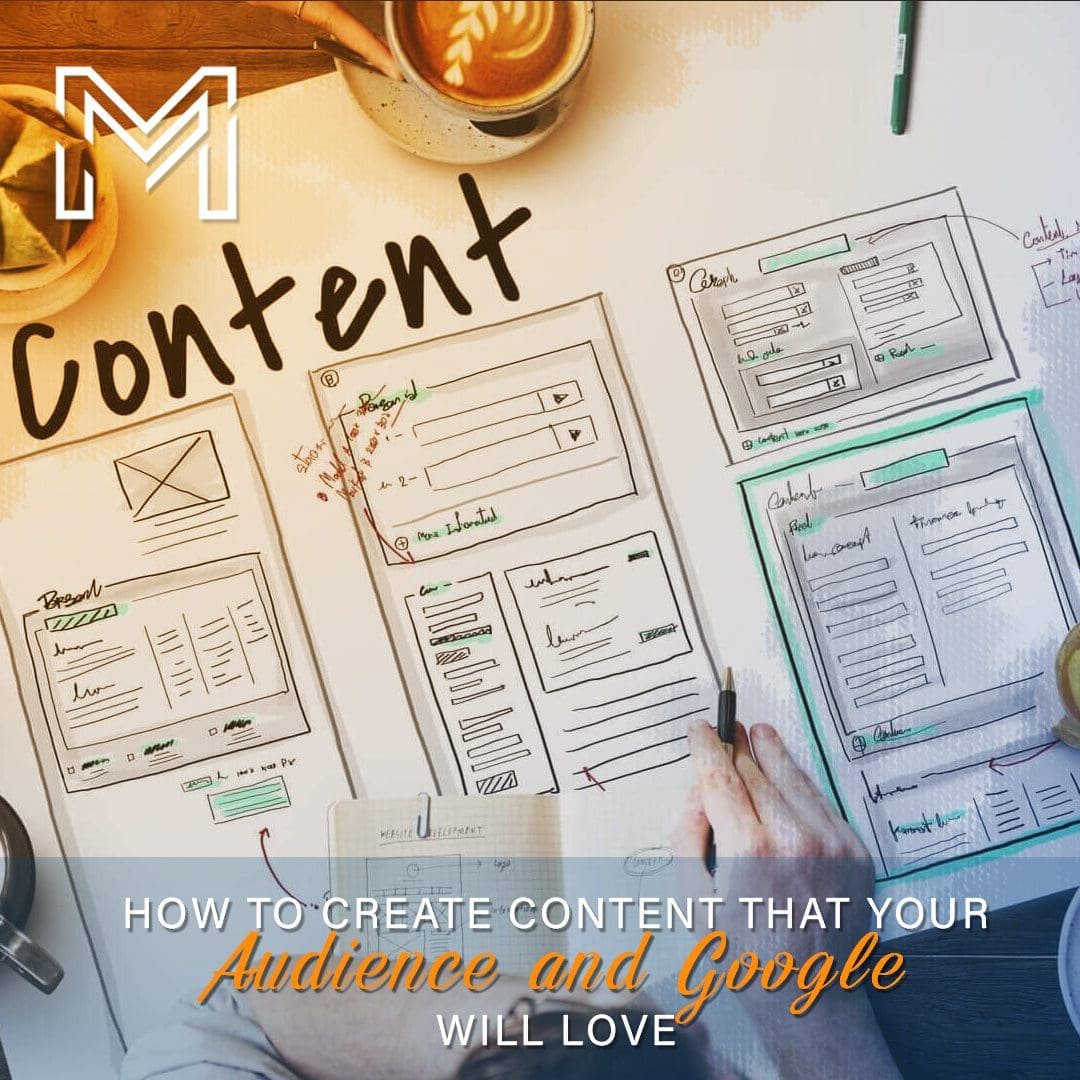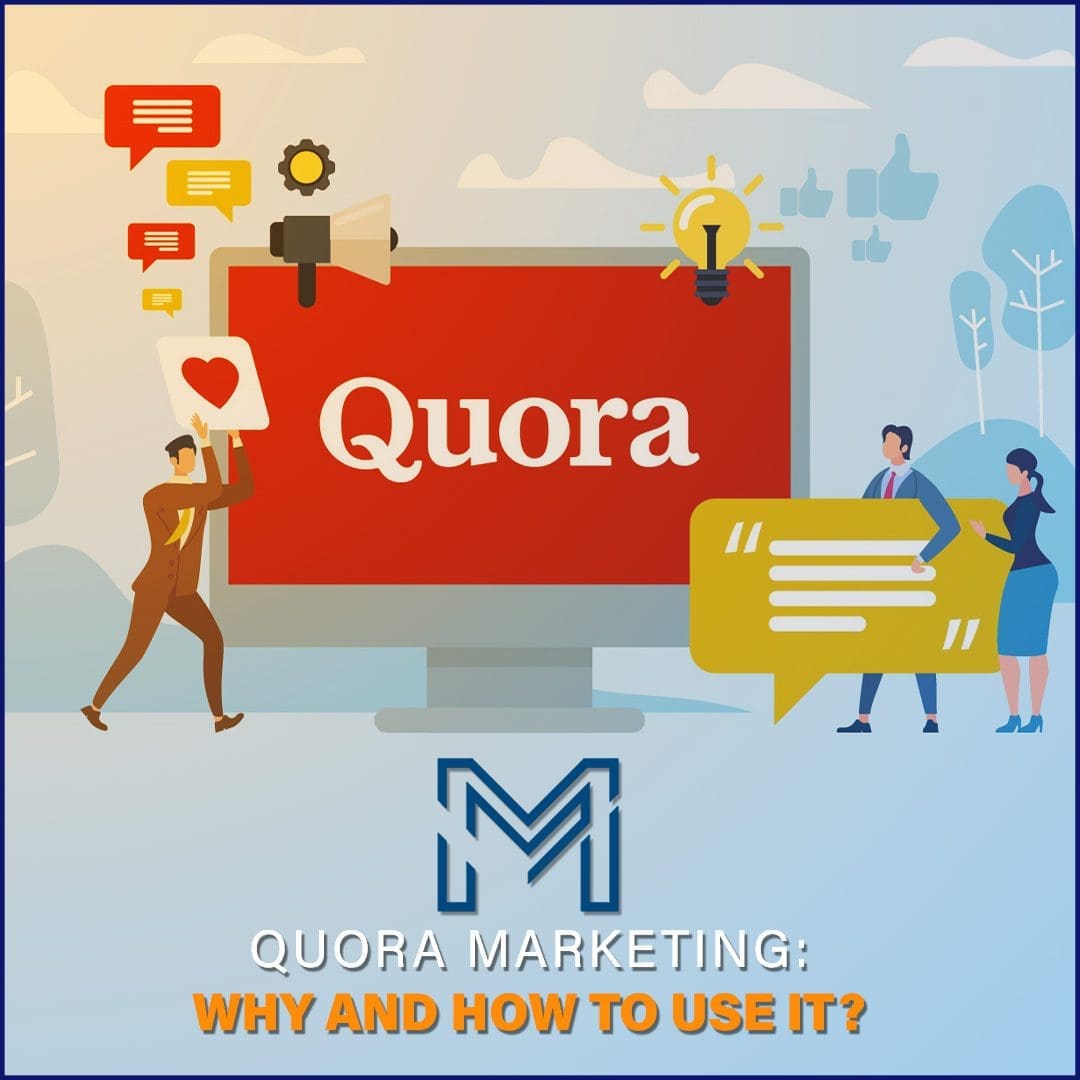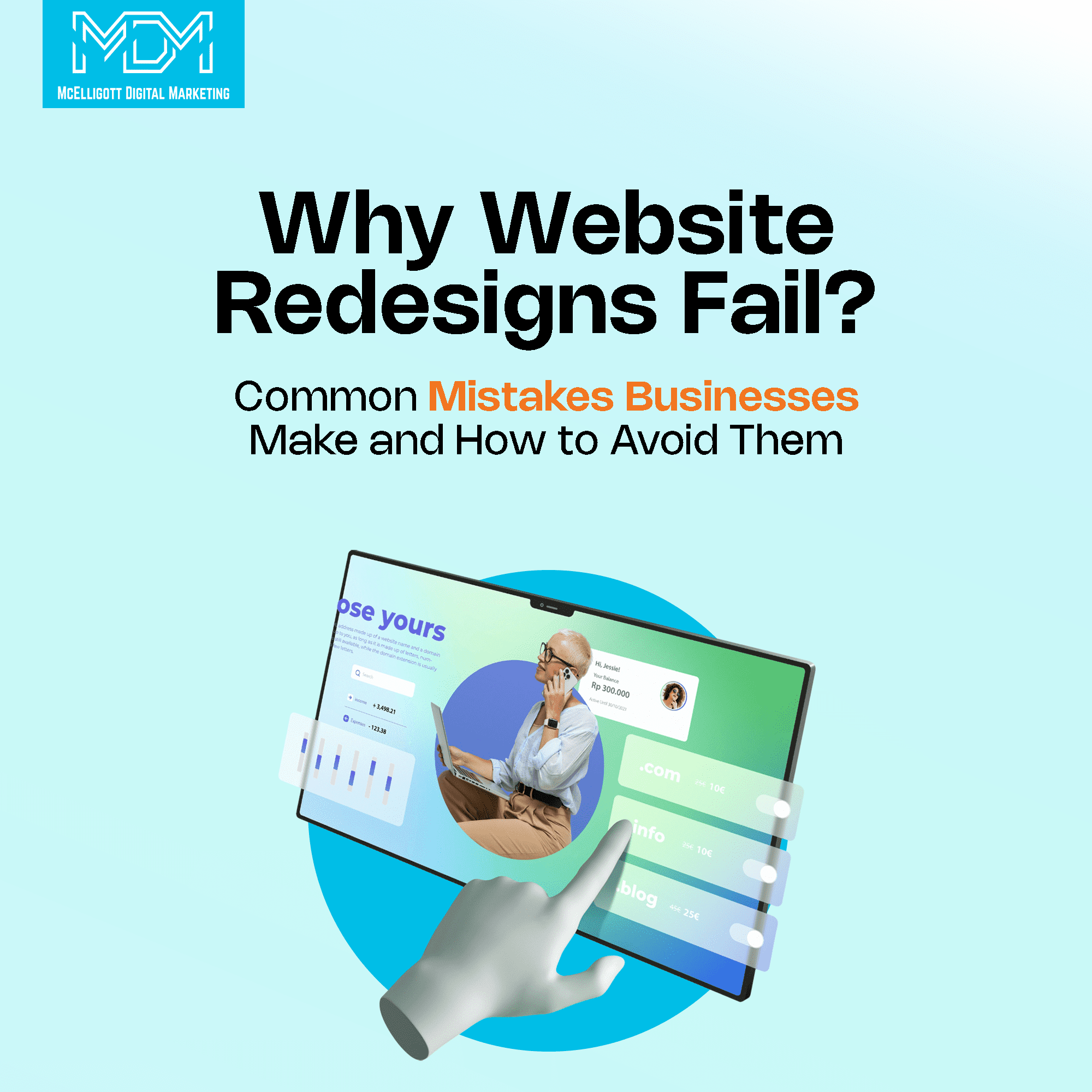Artificial Intelligence or AI is constantly working behind popular products and services such as Netflix, Amazon, and countless Google products.
And the same AI that is powering digital products is powering the digital marketing of the products and services as well.
For example, while scrolling Instagram or Facebook, you stopped and interacted with a shoe brand. Next time when you’re scrolling, you’re targeted again with shoe adverts.
The growth of big data, machine learning, and advanced analytic tools has enabled marketers to construct a better understanding of their target audiences than ever before, and artificial intelligence, or the vanguard of this change, is AI marketing.
AI systems learn how to engage with your consumers and send customized messaging at the perfect moment using information derived and customer profiles, all without the need for your physical intervention or aid from marketing team members.
By the end of this blog article, you’ll understand the role of AI in marketing and why you should be leveraging it for your digital growth.
Let’s start with defining AI in marketing.
What is AI in marketing?
AI is a diverse discipline with several techniques. Perhaps this is why there are so many different solutions to the question of the definition of Artificial Intelligence. As a result, there is no commonly accepted definition of AI.
At its heart, AI is a collection of several systems capable of executing tasks that need human intelligence. When it is applied to routine commercial operations, these technologies are capable of learning, acting, and performing at sentient levels of intelligence. It is utilized to replicate human intelligence in robots, saving us significant time and money in commercial transactions.
AI in the marketing domain means collecting data, gaining consumer insights, anticipating customers’ next movements, and making automated decisions that affect marketing activities. In advertising, AI is typically utilized in situations where operational speed is critical. AI can increase the return on investment (ROI) of marketing in a broad purview.
Businesses may use AI to fully understand their consumers’ behavior, as well as their actions and indicators. As a result, they can target the right individual in a time-effective manner.
You might have seen a simple example of AI in marketing in Gmail and Google Docs, which employ AI in Smart Compose to read what you’re typing, comprehend it, and recommend what you should type next.
What is the need for AI in digital marketing?
AI is an amazing and cutting-edge solution that may be used to supplement a business’s present content strategy.
This is a broad phrase that incorporates numerous technologies, including natural language processing, machine learning, pattern recognition, data analysis, and many more. Because of its ability to interpret data and give analytical tools, machine learning has a big influence on the digital marketing environment.
As a consequence, marketing teams and publishers may use it to conduct needs-based evaluations. Companies that use artificial intelligence technologies save time by concentrating on other parts of digital marketing. AI is a massive, continuing technological progress with far-reaching implications. It is recommended that AI be used in online marketing to stimulate creativity and boost productivity in the next years.
Marketers may utilize artificial intelligence (AI) to obtain better consumer insights and get a deeper idea of how to categorize and push consumers to the next stage in their purchasing journey, hence giving them the optimal experience. Marketers may boost ROI without wasting money on unsuccessful tactics by properly reviewing customer data and understanding what the customers genuinely want.
Businesses can also save time by avoiding mind-numbing ads that upset customers. AI will customize marketing in a variety of ways. To better respond to client expectations, many businesses are already employing AI to tailor their websites, emails, postings on social media videos, and other resources. One of the key aims of AI is to automate processes that formerly required human intelligence and labor.
Less amount of people required by an organization to complete a project, or the amount of time a person must devote to normal duties, enables considerable efficiency gains for the organization.
Benefits of AI in marketing
Let’s dive into the advantages that businesses gain by incorporating AI in their marketing strategy:
1. Marketing automation
AI improves the intelligence of your advertising automation. It can collaborate with marketing automation to help translate data into business choices, meaningful interactions, and great results.
A lot of marketing is about data, but what counts more is translating data into meaningful insights quickly and precisely. In other terms, the speed with which marketing activities are completed and implemented is an important factor that AI marketing may provide to your company.
AI may assist marketers in scaling the number of ad campaigns they develop, determining the next appropriate actions for consumers, and then determining which campaign would correctly deliver to them.
AI in email marketing is a tool that organizations can utilize to boost client engagement and open rates while saving money. It can also develop and refine content in a variety of email styles that is both pleasant and useful to the recipients.
Furthermore, AI is employed in social media automation; similarly to email marketing, firms use it to boost client interaction and optimize content.
2. Connect business mechanisms
AI harnesses the power of data systems to link end-to-end business operations and provide an error-free experience.
Advertisers capitalize on AI’s potential to outperform the competition in terms of marketing results in organizations. Applications of AI in marketing help advertisers develop and implement more personalized and human-centered marketing campaigns.
These approaches frequently surprise clients and turn them into fervent brand champions. With technology like AI, which allows consumers to influence micro-moments, interaction patterns may become more enticing.
AI’s growing benefits enable companies to reimagine marketing for a more enhanced experience.
3. Reduce human errors
Humans are prone to make mistakes by nature, and sometimes they can take time to rectify, thus delaying the processes. AI and human error – a widely debated issue in which many have argued whether AI can be used to mitigate human error.
Without a doubt, AI exists to prevent physical interaction, hence eliminating the possibility of human error. AI has been shown to assist with human mistakes, particularly in the most worrisome aspect: data protection.
Many firms are concerned about their workers’ inability to protect client data and other essential corporate data due to frequent data security issues. The increased danger of cyber threats is something that every eCommerce company must consider. Fortunately, AI may assist in addressing these issues by understanding, adapting, and responding to the cybersecurity requirements of an organization.
4. Make consumer-friendly choices
The findings that AI provides for organizations are useful tools for better understanding their customers and making customer-centric decisions.
AI provides external market intelligence by analyzing massive amounts of online content from social media channels, blogs, and so forth. Marketers may create customer profiles fast utilizing billions of data points from AI technologies.
On-site interactions, area specials, shopping patterns, past contacts/communications, referral sources, and other criteria are all considered.
5. Better ROI
AI assists advertisers in better understanding their consumers and providing enhanced experiences to them.
AI-led marketing enables businesses to construct a predictive consumer analysis and design more focused and personally customized customer journeys, increasing ROI on each customer engagement.
Businesses may acquire better consumer insights and know how to categorize them and push them to the next step to provide a better experience on their journey by using AI.
Marketers may increase ROI by extensively researching consumer insights and knowing what customers truly desire.
6. Digital ads
To guarantee optimum performance, AI is widely utilized in digital advertising. It is used across networks like Facebook, Google, Twitter, and Instagram to give the best possible expertise.
By evaluating consumer data such as gender, age, hobbies, and other aspects, appropriate adverts are provided. Marketers may be able to employ AI technology to spot microtrends and even predict future trends.
They will be able to make strategic decisions at that point. As a result, businesses may reduce digital ad waste and guarantee that their investment generates the highest potential results. AI has an impact on the future of online marketing since it makes use of the potential of IoT and linked devices.
How to Use AI in marketing?
1. Target audiences
AI marketing helps organizations determine who their target demographic is so that they can give more customized content for each of their clients. Artificial intelligence propels conversion management solutions to greater levels.
To address complex strategic concerns, marketers may now compare smart inbound messaging to traditional performance metrics. As customer expectations change in response to technology improvements, there is a rising desire to offer highly personalized and customized experiences as effectively as possible in the e-commerce, retail, and business arenas.
2. Content creation
AI-powered technologies can make your job as a content maker considerably easier and more efficient.
Though the foundation of the information is created by humans, you may utilize AI solutions to increase the productivity of your content team by automating particular activities like email content, tailored reports and messages, or social media post curation.
AI tools can assist you with creating new social media material that will enhance the engagement of your audience.
3. AI-powered PPC ads
AI is also commonly employed in PPC ads.
Some of the most popular AI applications in PPC advertising are:
- Smart bidding
- Micro-moment targeting
- Price optimization
- Account management
- Responsive ads
- Performance analysis
- Dynamic search ads (DSAs)
Using AI, you will be able to track more promotional platforms than that is possible for your in-house staff and even your rivals.
Companies are already exploring smarter advertisements through account-based online marketing, but AI allows teams to take this a step further for genuinely deep insights.
With the increased availability of data, internet advertisements may become intelligent and more successful. AI systems may shift through keyword searches, social profiles, and other internet data to produce human-level results.
4. Personalized communication
Advertisers may achieve better personalization and messaging success using AI. Marketers frequently deal with selecting where and when to position adverts, as well as determining what information to send to consumers.
Artificial intelligence allows marketing automation to assist firms in placing real-time bids on ad spaces appropriate to their target audiences. This, in conjunction with message monitoring and analytics capabilities, enables advertisers to send personalized messages to consumers based on their choices, utilizing the appropriate material, at the right location, just at the right time.
5. Customized pricing
Dynamic pricing in AI is also known as tailored pricing. It is a pricing technique in which the price of an item is set by demand and/or availability.
An excellent example is the pricing of ride-sharing applications, which climbs as demand increases, or when you can’t find a deal when you have to buy something from the internet.
To give you real-time rates, a software or website’s bot can track your predictive analytics use cases such as data, history, searches, and other behaviors. This implies you will receive fewer reductions and/or higher costs for the product/service you require right now.
However, when an item’s demand is low, consumers might profit from dynamic pricing. Unbooked hotel rooms are a nice illustration of this. Dynamic pricing can assist reduce the likelihood of vacancies by offering competitive prices to attract clients.
6. Email marketing automation
Finding amazing data and effectively providing it to your audience is what content curation is all about. Simply said, you share other people’s stuff with your audience.
However, this content curation is more than just re-producing content; it is accomplished by adding more value to your work, which is more likely to interest your audience.
You may curate material and put it into use depending on text input by merging AI authoring tools and email automation tools. You will save time by automating the planning and delivery of emails to consumers. After dividing your audience and their emails, AI assists you in personalizing the substance of your newsletters delivered to each of your customers. From your messaging to the links you include, your newsletters must be more relevant to your audience.
Need a demo?
Still, wondering if AI is today’s technology?
Well, the news for you is that we at McElligott Digital Marketing are already using AI marketing solutions and implementing innovations for our clients.
Want to know more about the technologies that can help create the best digital marketing strategies for your business?
